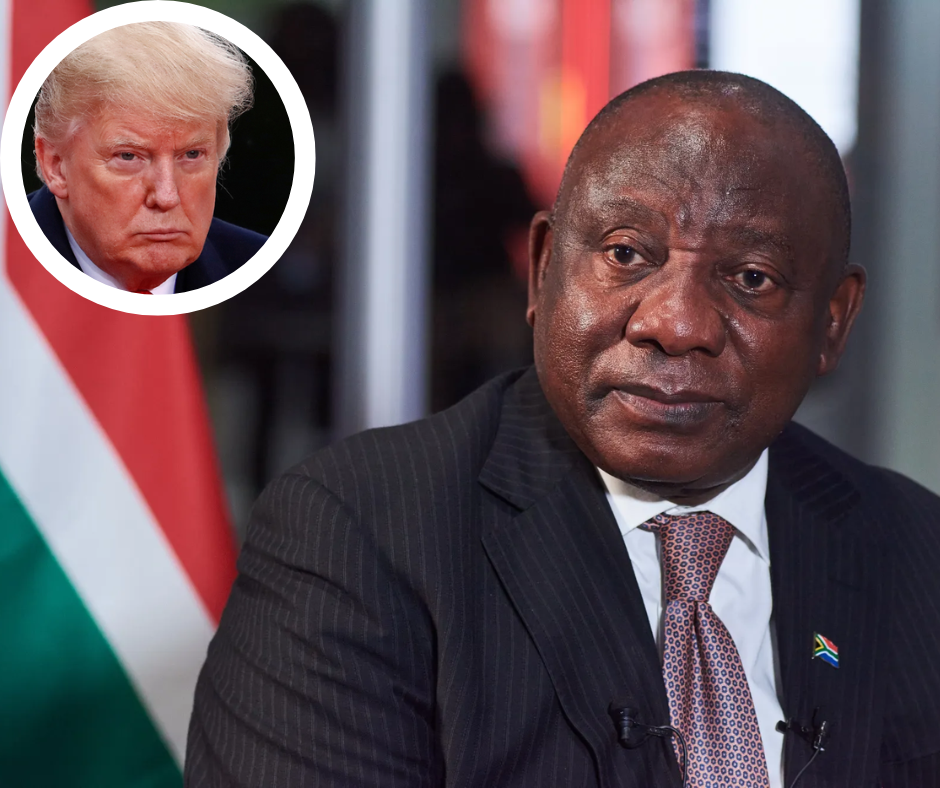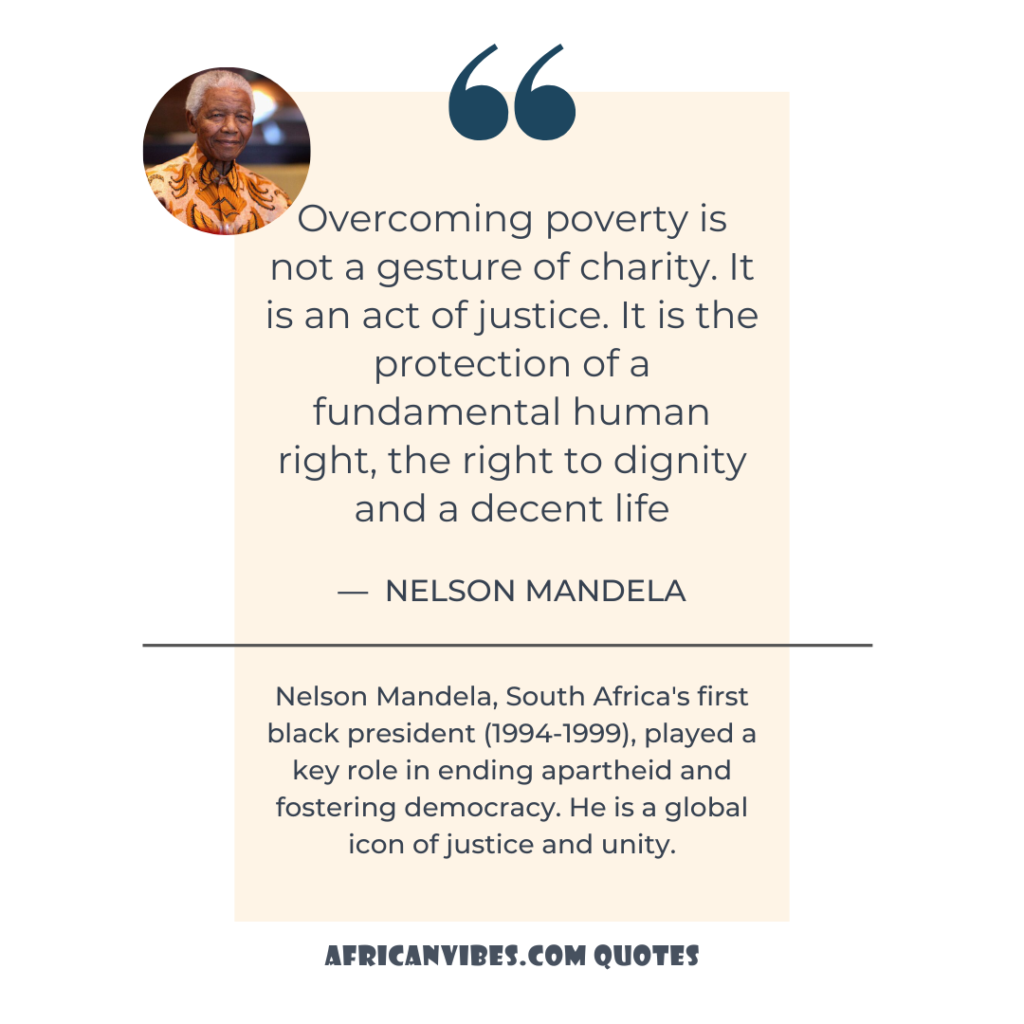South Africa Land Reform or ‘White Genocide’? Unpacking Trump’s Claims

U.S. President Donald Trump’s recent threat to cut $440 million in aid to South Africa over its land reform policies has reignited global debates about race, historical justice, and geopolitical influence. At the heart of the controversy lies South Africa’s Expropriation Act of 2025—a law Trump and ally Elon Musk have mischaracterized as enabling “confiscation” and even “genocide” against white farmers. Here’s what’s really happening.

Trump’s Allegations: “Confiscation” and “White Genocide”
Trump accused South Africa of illegally seizing land and mistreating “certain classes of people,” a thinly veiled reference to white South Africans. He claimed the Expropriation Act justifies withholding U.S. aid until a “full investigation” into alleged human rights violations. These claims echo Elon Musk, Trump’s adviser and a South Africa native, who called the law “openly racist” and accused the government of enabling a “genocide of white people”.
But experts say:
- The term “white genocide” is a debunked conspiracy theory promoted by far-right groups.
- South Africa’s white population (7%) still owns ~70% of privately held farmland, a legacy of apartheid
South Africa’s Expropriation Act: What It Actually Does
Signed into law in January 2025, the act replaces apartheid-era legislation and allows the government to expropriate land without compensation under strict conditions:
| Key Provisions | Details |
|---|---|
| Public Purpose | Land can be taken for infrastructure, housing, or public services—similar to eminent domain in the U.S. |
| Safeguards | Requires court oversight, fair negotiations with landowners, and alignment with South Africa’s constitution. |
| No Racial Targeting | The law does not mention race. Land redistribution aims to address apartheid-era inequality, not strip white owners. |
President Cyril Ramaphosa clarified:
“This is not Zimbabwe-style land grabs. We are a constitutional democracy rooted in the rule of law”
Political Leverage and Sovereignty
Aid has historically been a lever for political influence. Western donors have used financial assistance to push for political reforms, regime changes, and economic policies that align with their interests. South Africa’s resistance to these pressures reflects a broader continental shift towards reclaiming sovereignty.
African nations are increasingly rejecting conditional aid tied to political agendas. This growing defiance is not just about resisting external control; it’s about asserting the right to self-determination in political, economic, and social spheres.
Why Land Reform Matters: Apartheid’s Legacy
Land reform is a deeply rooted issue tied to the country’s colonial and apartheid past. The country’s 1913 Natives Land Act reserved 87% of South African land for white citizens, forcibly displacing Black South Africans into overcrowded “homelands.”
Even after the 1994 democratic transition, which mandated land reform under the new constitution, progress has been painfully slow, with only 8% of farmland redistributed over three decades.

ALSO READ: South Africa Stands Firm On Its Russia-Ukraine War Position Amid Global Tensions
Today, white South Africans, who make up just 7% of the population, still own 70% of the farmland. The Expropriation Act of 2025 aims to correct this historical injustice by enabling land redistribution without compensation in certain cases.
“The Expropriation Act is about correcting historical theft, not persecuting white farmers,” – says land expert Tembeka Ngcukaitobi.
For South Africa, this is not merely an economic policy—it is a matter of historical justice, national identity, and the right to self-determination.
Musk’s Role and the “White Genocide” Myth
Elon Musk, born in South Africa, has amplified claims of anti-white violence, despite leaving the country in 1989. His social media posts—shared by Trump—revive the “white genocide” narrative, which researchers attribute to misinformation campaigns.
Musk, who benefited from the privileges of the apartheid regime, has leveraged his economic power and close ties to Trump to shape U.S. foreign policy, particularly towards South Africa. Musk’s vocal opposition to South Africa’s land reforms aligns with his business interests and personal history.
His mischaracterizations of the Expropriation Act as a tool for “genocide” against white farmers have fueled international tensions and influenced Trump’s aggressive stance.
The BRICS Factor: Shifting Alliances
As South Africa distances itself from Western aid dependency, it has embraced alternative partnerships, notably through BRICS (Brazil, Russia, India, China, South Africa). This alignment offers African nations greater diplomatic flexibility and economic autonomy, reducing their reliance on traditional Western donors.
BRICS represents a counterbalance to Western hegemony, promoting South-South cooperation and investment without the political strings often attached to Western aid. For South Africa, this is not just a strategic pivot but a statement of intent: a declaration of independence from neo-colonial economic frameworks.
Trump’s recent threat to cut $440 million in aid to South Africa over its land reform policies adds another layer of complexity. Notably, $315 million of that aid supports HIV/AIDS programs, and cutting these funds risks triggering a public health crisis. Moreover, the U.S.’s aggressive stance threatens trade relations, as South Africa is its largest African trade partner. Retaliatory measures, such as withholding critical mineral exports, could destabilize both economies.
These tensions are further exacerbated by South Africa’s strong ties to Russia and China within the BRICS framework, aligning with broader U.S. frustrations over geopolitical influence. Trump’s move reflects not only a reaction to South Africa’s domestic policies but also a strategic maneuver in the global contest for economic and political dominance.
What’s Next?
The battle between Trump and South Africa is not merely a diplomatic spat; it is a loud wake-up call for Africa to re-evaluate its dependence on the West. Despite being resource-rich, many African nations have operated under economic models heavily influenced by Western aid and policies. This situation has exposed the leash the West continues to hold in its dealings with the continent.
Recent actions by Sahel countries, such as restructuring how their gold is valued and Mali’s bold move to detain a CEO for unfair business practices, have proven that Africa can leverage its resources to meet its own needs. That decision alone generated millions of dollars in previously unreported revenue, showcasing Africa’s untapped economic potential.
ALSO READ: Mali Takes A Controversial Stand Against Australia’s Resolute Mining And Wins Big
The U.S.’s aggressive stance serves as both a challenge and an opportunity—a chance for African nations to reassess their economic strategies, assert their sovereignty, and redefine their place in the global economy. The message is clear: Africa’s future does not have to be tethered to Western approval or aid.






Responses